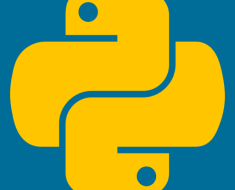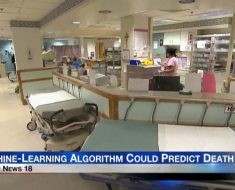
by Martina Billichov á, Lauren Joyce Coan, Silvester Czanner, Monika Kováčová, Fariba Sharifian, Gabriela Czanner
Mild Cognitive Impairment (MCI) is a condition characterized by a decline in cognitive abilities, specifically in memory, language, and attention, that is beyond what is expected due to normal aging. Detection of MCI is crucial for providing appropriate interventions and slowing down the progressi on of dementia. There are several automated predictive algorithms for prediction using time-to-event data, but it is not clear which is best to predict the time to conversion to MCI. There is also confusion if algorithms with fewer training weights are less accurate. We compared three algorithms, fr om smaller to large numbers of training weights: a statistical predictive model (Cox proportional hazards model, CoxPH), a machine learning model (Random Survival Forest, RSF), and a deep learning model (DeepSurv). To compare the algorithms under different scenarios, we created a simulated dataset b ased on the Alzheimer NACC dataset. We found that the CoxPH model was among the best-performing models, in all simulated scenarios. In a larger sample size (n = 6,000), the deep learning algorithm (DeepSurv) exhibited comparable accuracy (73.1%) to the CoxPH model (73%). In the past, ignoring hetero geneity in the CoxPH model led to the conclusion that deep learning methods are superior. We found that when using the CoxPH model with heterogeneity, its accuracy is comparable t…



![[2402.13446] Large Language Models for Data Annotation: A Survey [2402.13446] Large Language Models for Data Annotation: A Survey](https://aigumbo.com/wp-content/uploads/2023/12/arxiv-logo-fb-235x190.png)
